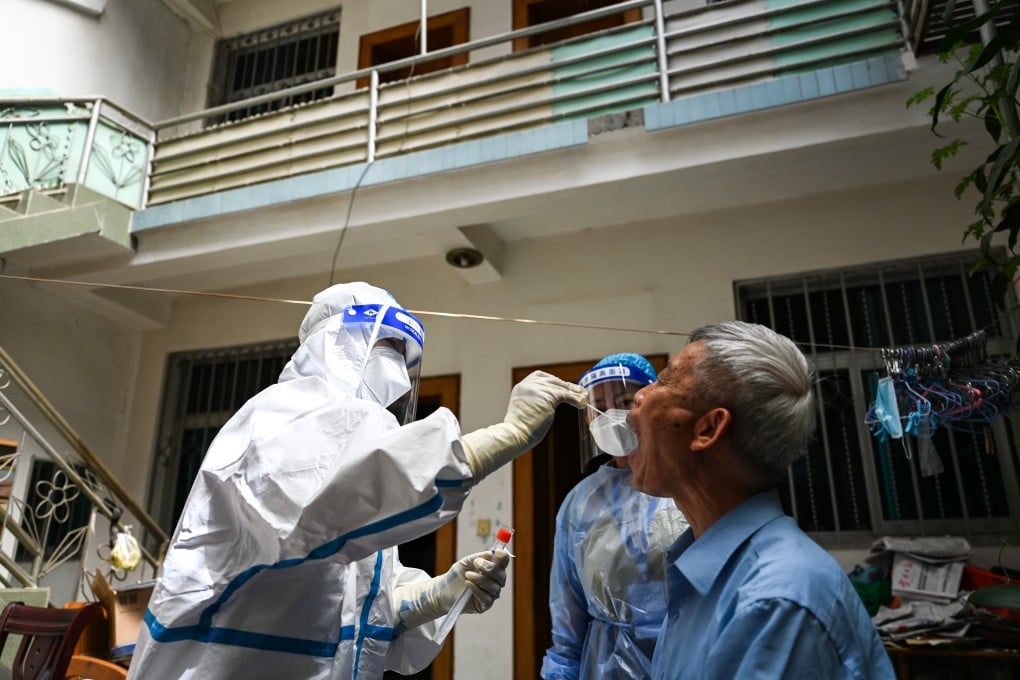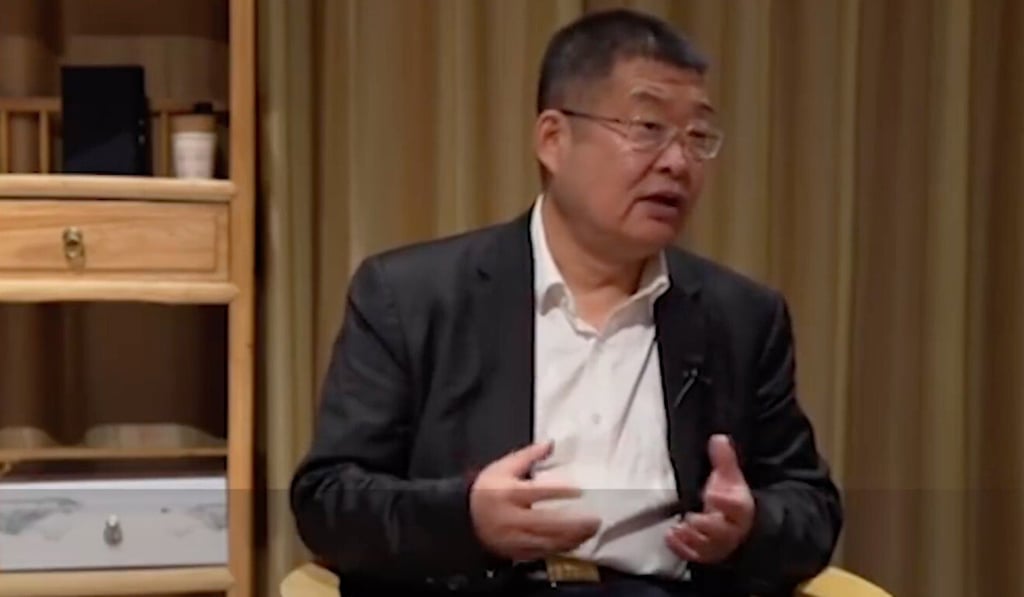Cadre issues plea for help after coronavirus ‘mercilessly robbed’ Chinese border city
- Dai Rongli, who was deputy mayor of Ruili for a year, says its people have lost hope and income after enduring multiple lockdowns
- His essay posted on social media has been widely circulated and prompted officials to defend their tough pandemic controls

Dai Rongli made the plea in an emotive essay posted to his WeChat account on Thursday. Titled “Ruili needs the motherland’s love and care”, it described the southwestern city as a place of broad banyan trees and home to ethnic minorities, and mentioned its history as an aircraft manufacturing base in the second Sino-Japanese war.
But the coronavirus had “mercilessly robbed this city time and again, squeezing dry the city’s last sign of life”, wrote Dai, who was deputy mayor for a year as part of a cadre training scheme and returned to Beijing in 2019.
He said the people of Ruili had lost hope and income after enduring multiple lockdowns, with officials sacked each time, and it now lacked finances and workers.
“This tiny city needs the support of the country’s strong army to allow local civil servants to finally breathe … or these long-term lockdowns will become a deadlock in the city’s development.”
